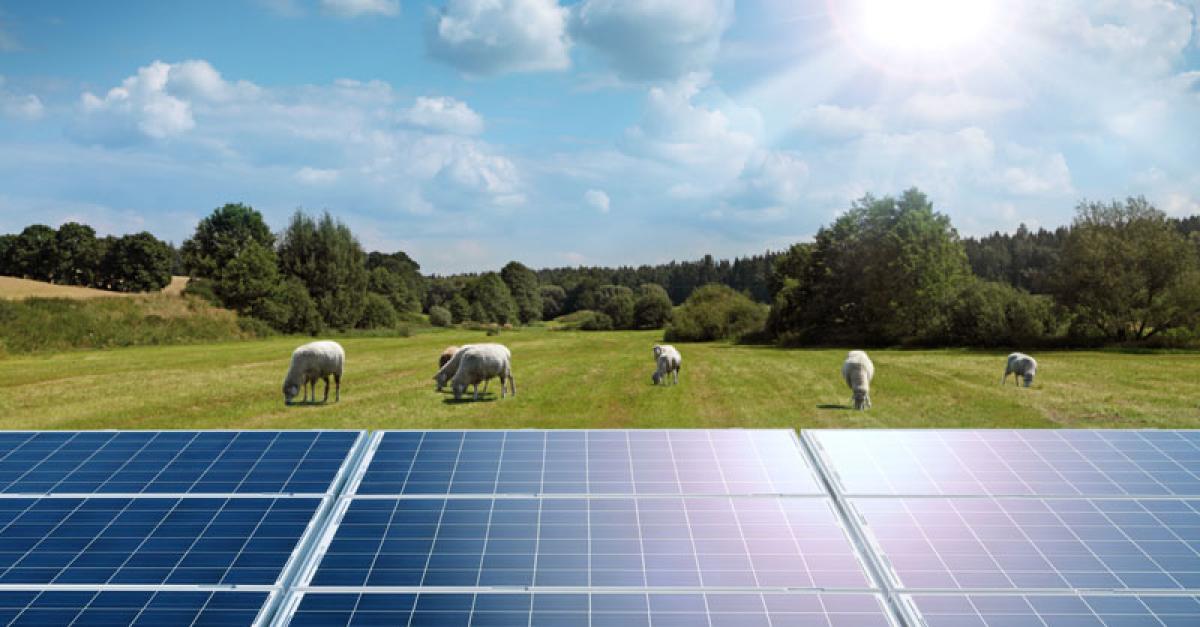
We spoke with Maxine Narburgh, Regional Manager of the Greater South East Energy Hub about how it supports local authorities implementing clean energy projects. Here she talks about how a ‘Net Zero energy family’ is taking shape.
A ‘Net Zero energy family’ taking shape across the South East
Across England are five Local Energy Hubs that provide local authorities with practical support in developing energy projects. When UK100 presented a report in 2017 that proposed local clean energy partnerships, the Hubs were an oven-ready idea within BEIS.
In response to our report, the then BEIS minister Claire Perry signed off the Hubs proposal. And two years down the line, the Greater South East Energy Hub (the Hub) is going from strength to strength.
Speaking to the Regional Manager Maxine Narburgh, you can sense her pride in the progress made so far. They’ve now delivered projects that have attracted £15.5m of investment.
The 55 projects across 35 local authorities and public sector partnerships to which they give 1-2-1 development support are valued at £407m and save about 82,000 tCO2/yr.
Solar farms, public sector building and domestic energy efficiency, fleet decarbonisation, heat networks and smart grids are just a few of the projects the Hub works on.
The Hub has built a network of stakeholders in the innovation landscape, supply chains, the public sector, and community energy groups – the sorts of partners they need to spur on the energy transition.
“It’s challenging but it makes you very proud,” Maxine said. “The team has been absolutely brilliant in what they’ve achieved. From a baseline of nothing to supporting local authorities and bringing new ones into the world of local energy.
“It is certainly a Net Zero energy family that’s taking shape. Much more than individual projects, it’s really about how this all starts to join up, and in particular how it starts to scale up.”
“Our local authorities and Local Enterprise Partnerships are very positive about the impact the Hub is having in progressing local energy.
“A lot of the more complex interactions across the energy vectors haven’t yet happened at scale, so it really is a path that you forge in partnership.”
How the Local Energy Hub supports local authorities
When there’s only so much a local authority can do within its own power to reach ambitious targets, the service the Hub provides has become an incredibly valuable resource.
Each Local Energy Hub, funded by BEIS, has a team of energy experts that support local energy projects throughout their development stages, from options appraisal and feasibility, business-case preparation, design and planning, through to financing.
Beyond Net Zero, local authorities are asking the Hub whether projects can go a step further and generate revenue to support frontline services. To this end, the Hub’s support can tick several boxes for local authorities’ ambitions and requirements.
Broader benefits
Maxine said where the Hub has been able to provide capacity to local authorities, they’re seeing them able to develop more projects, take more ownership of them, and increase ambition thanks to learning from the Hub, and each other through its networks.
“We definitely see local authorities as key,” said Maxine. “If you’re looking at energy efficiency retrofit, the residents tend to have trust in their local authority. So to be able to support local authorities to deliver programmes they have confidence in is important to us.”
Engaging unconvinced colleagues
Maxine would like the Hub to develop support for local authorities on how to engage chief finance officers and senior management teams. These decision-makers are often unsure of the benefits or what’s possible with energy projects.
Maxine said: “We’re now developing different case studies and financial models and other resources that can start to tell that story. If there’s not something to show and to share then people might not want to be the first.
“It’s developing that portfolio of materials that might engage people just to support those officers that have got great ideas but find the resistance within their own internal systems.”
Read more about the Greater South East Energy Hub and how you can get support as a local authority.


